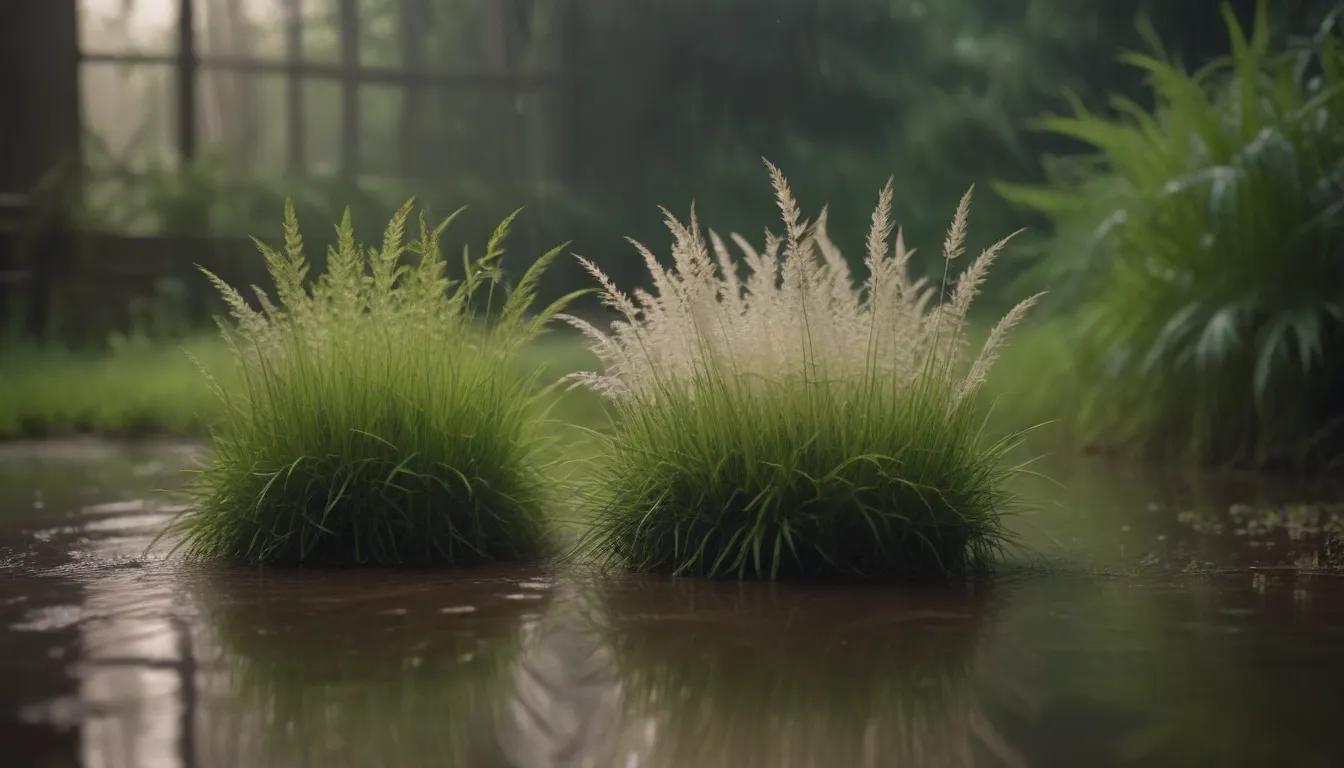The Benefits of Using Rice Water for Plants: A Comprehensive Guide

Are you looking for a cost-effective and easy way to help your plants thrive? Look no further than the rice water that you may be discarding after rinsing your rice before cooking. In this in-depth guide, we will explore the many benefits of using rice water for plants and provide you with three different methods for making your own rice water fertilizer.
Why Rice Water is Good for Plants
Rice water is a nutrient-rich liquid that contains essential nutrients and beneficial microbes that can significantly promote plant growth. It is rich in starch, which plants use to store energy for growth and reproduction. Additionally, rice water contains the three necessary nutrients needed by all plants: nitrogen (N), phosphorus (P), and potassium (K), also known as NPK.
Furthermore, the starches in rice water promote the growth of helpful bacteria such as lactobacilli and mycorrhizae fungi in the soil, creating a more fertile environment for your plants to thrive. Using rice water as a plant fertilizer is not only beneficial for your plants but also environmentally friendly.
How to Make Rice Water for Plants
Making rice water for plants is a simple process that requires only a few common kitchen items. Here are three different methods you can use to make rice water for your plants:
- Fermented Rice Water: The most effective method, as fermentation promotes the growth of beneficial bacteria. This method is time-intensive but yields highly beneficial rice water for your plants.
- Boiled Rice Water: Boiling rice releases starches and nutrients into the water, making it a nutritious fertilizer for your plants.
- Rinsed Rice Water: The quickest and easiest method, although the final product will be less concentrated. Still, rinsed rice water can provide essential nutrients for your plants.
Each method has its advantages, and you can choose the one that best suits your needs and time availability.
Risks of Using Rice Water for Plants
While rice water can be beneficial for plants, using too much of it can have negative consequences. Over-application of rice water can lead to harmful bacteria or mold blooms, soil hardening, and potential insect infestations. To avoid these issues, it is recommended to use rice water on your plants no more than once a month.
Plants That Benefit from Rice Water
Rice water can be applied to a wide variety of plants, but some benefit more than others. For houseplants, succulents, spider plants, orchids, and ferns tend to thrive when watered with rice water. In outdoor gardens, plants such as peppers, tomatoes, cabbage, and eggplant can experience increased yields when treated with rice water.
Plants That Should Avoid Rice Water
While rice water is beneficial for plants grown in soil, it is not suitable for plants grown in hydroponic systems. The starch in rice water can lead to bacterial and fungal overgrowth in a water-based gardening setting, potentially harming the plants.
In conclusion, using rice water for plants can be a cost-effective and environmentally friendly way to promote growth and health in your garden. By following the methods outlined in this guide and being mindful of the risks involved, you can ensure that your plants receive the nutrients they need to thrive. So, don’t let that rice water go to waste—put it to good use in your garden today!





